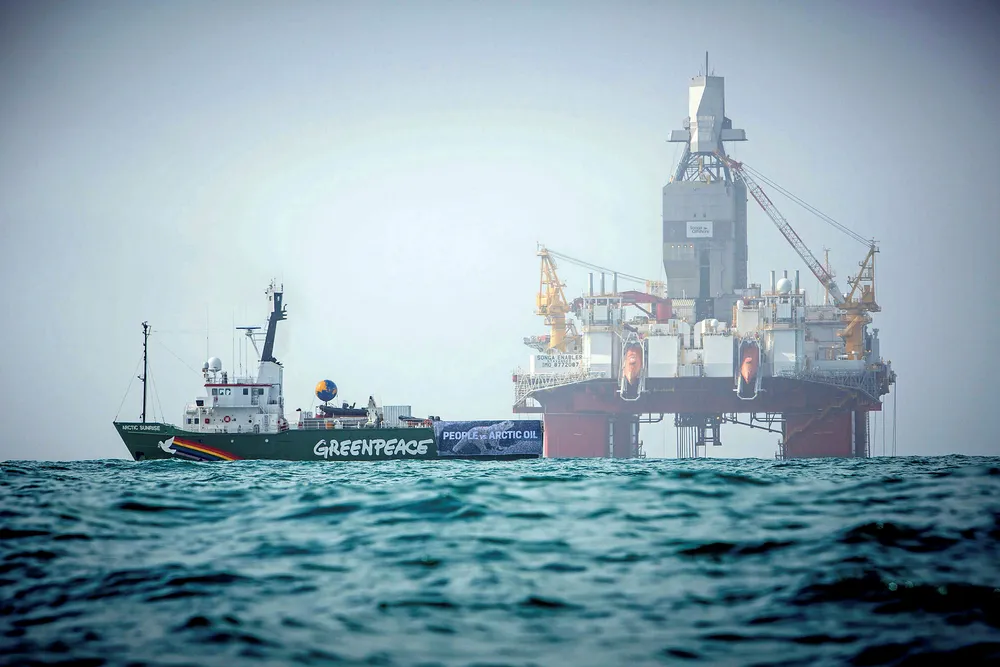Greenpeace sees ‘opportunity for change’ as emissions drop
Similar messages in support of the energy transition came from supermajor BP and the IEA amid Opec+ spat and Covid-19

Similar messages in support of the energy transition came from supermajor BP and the IEA amid Opec+ spat and Covid-19
